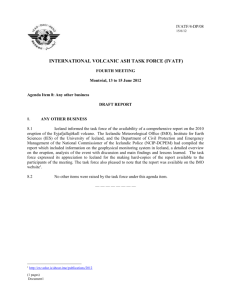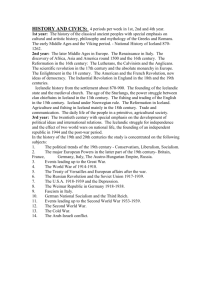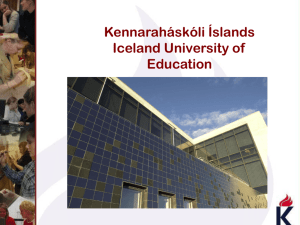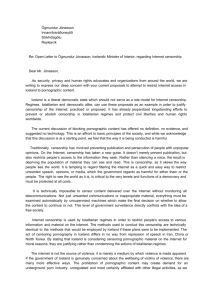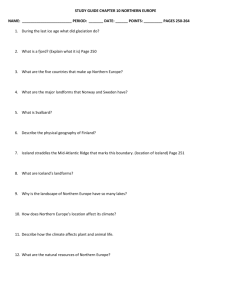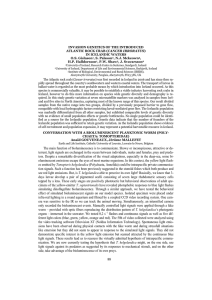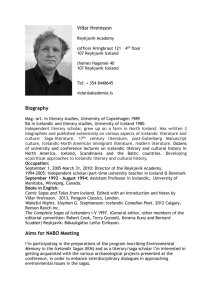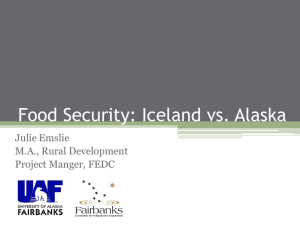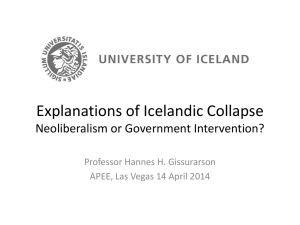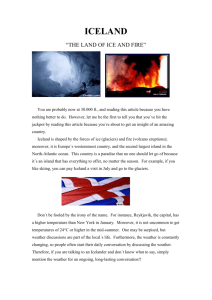iceland's porn ban 'conflicts with the idea of a free society', say critics
advertisement
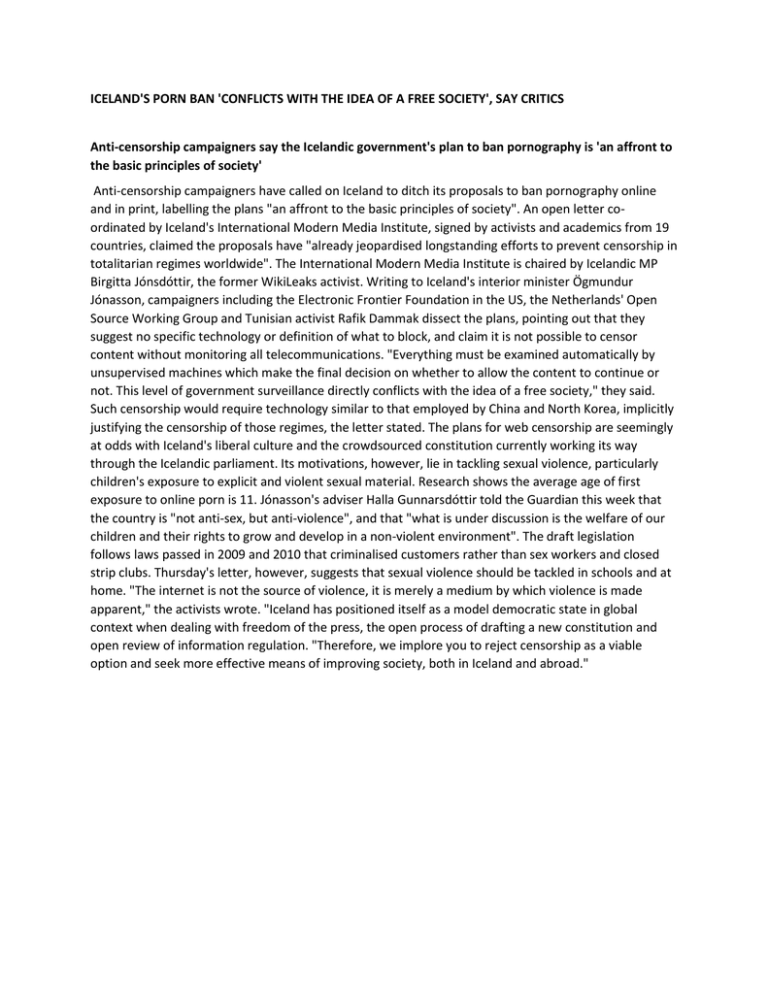
ICELAND'S PORN BAN 'CONFLICTS WITH THE IDEA OF A FREE SOCIETY', SAY CRITICS Anti-censorship campaigners say the Icelandic government's plan to ban pornography is 'an affront to the basic principles of society' Anti-censorship campaigners have called on Iceland to ditch its proposals to ban pornography online and in print, labelling the plans "an affront to the basic principles of society". An open letter coordinated by Iceland's International Modern Media Institute, signed by activists and academics from 19 countries, claimed the proposals have "already jeopardised longstanding efforts to prevent censorship in totalitarian regimes worldwide". The International Modern Media Institute is chaired by Icelandic MP Birgitta Jónsdóttir, the former WikiLeaks activist. Writing to Iceland's interior minister Ögmundur Jónasson, campaigners including the Electronic Frontier Foundation in the US, the Netherlands' Open Source Working Group and Tunisian activist Rafik Dammak dissect the plans, pointing out that they suggest no specific technology or definition of what to block, and claim it is not possible to censor content without monitoring all telecommunications. "Everything must be examined automatically by unsupervised machines which make the final decision on whether to allow the content to continue or not. This level of government surveillance directly conflicts with the idea of a free society," they said. Such censorship would require technology similar to that employed by China and North Korea, implicitly justifying the censorship of those regimes, the letter stated. The plans for web censorship are seemingly at odds with Iceland's liberal culture and the crowdsourced constitution currently working its way through the Icelandic parliament. Its motivations, however, lie in tackling sexual violence, particularly children's exposure to explicit and violent sexual material. Research shows the average age of first exposure to online porn is 11. Jónasson's adviser Halla Gunnarsdóttir told the Guardian this week that the country is "not anti-sex, but anti-violence", and that "what is under discussion is the welfare of our children and their rights to grow and develop in a non-violent environment". The draft legislation follows laws passed in 2009 and 2010 that criminalised customers rather than sex workers and closed strip clubs. Thursday's letter, however, suggests that sexual violence should be tackled in schools and at home. "The internet is not the source of violence, it is merely a medium by which violence is made apparent," the activists wrote. "Iceland has positioned itself as a model democratic state in global context when dealing with freedom of the press, the open process of drafting a new constitution and open review of information regulation. "Therefore, we implore you to reject censorship as a viable option and seek more effective means of improving society, both in Iceland and abroad."
